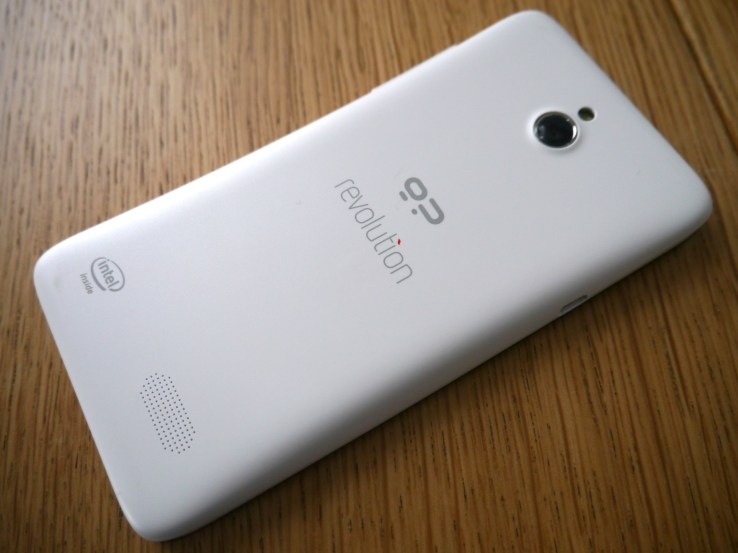
Muere la revolución. Spanish smartphone maker Geeksphone has confirmed it’s stepping out of the mobile making game almost six years after founding a startup business to build handsets for an enthusiast community of geeks looking for something a little different to mainstream smartphones.
In a note posted to its user forum, spotted earlier by Tech.eu, Geeksphone writes that the mobile ecosystem has moved on and its founding concept of serving a niche geek community is no longer a viable way to differentiate a mobile handset business.
“The reality of the company today is very different from what it was in the beginning, since the concept of innovation based on a passionate geek community, talented and creative, has now much less sense and it is a differentiation, which currently generates little interest in the mobile environment in relation to the 2009 date of our creation,” it writes.
It’s unclear how many handsets Geeksphone has sold over its five+ years of operation. It released six handsets in all, and refers only to selling “several thousand terminals”. It started out building Android based smartphones but also branched into Firefox OS, and a multi-OS handset where users could choose to between Android or FFOS post-purchase.
It’s fair to say that FFOS has failed to gain traction in the market, despite significant carrier backing at launch. While competing as an Android OEM has only got tougher and more competitive since 2009, even as handset choice has proliferated for buyers, quality has gone up and price-tags have been squeezed, shrinking the appeal of Geeksphone’s proposition.
By far the startup’s most high profile success was forming an alliance, at the start of 2014, with secure communications provider Silent Circle to build a security hardened Android handset, called Blackphone — riding a wave of pro-privacy feeling in the wake of the Snowden revelations.
Silent Circle has since bought out its erstwhile hardware partner, and acquired all its engineering staff, along with co-founder Javier Aguera. So Geeksphone’s legacy lives on there. The Blackphone makers are targeting the gap in the market left by the collapse of Blackberry’s business, shifting from the original prosumer proposition towards a BYOD enterprise mobile security sales pitch.
Meanwhile Geeksphone’s other co-founder, Rodrigo Silva-Ramos, is moving on to focus on the geeks!me wearables brand, announced back in February. Its first product — an activity tracker that will also let users monitor their sex lives — is due to launch in the “upcoming months”.
What happens to Geeksphone’s code? It says it is open sourcing “all the tools that we are legally able to spread” so its users can continue development of its software if they wish, although it notes it also has licensing agreements with third parties which mean that some software cannot be made public.
Existing Geeksphone users will continue to be offered technical support — honoring existing terms of warranty and support of any buyers.
In related mobile startup news this week, Finland’s Jolla, which makes both its own handset hardware and its own mobile OS (called Sailfish), has also stepped back from building phones. It’s dividing into two businesses, with the lion’s share of existing resources going to the new Jolla Ltd which is fully focused on mobile OS development and licensing. A second business will apparently be formed to make smart devices later this summer, although it will be much smaller.

Comments
Post a Comment